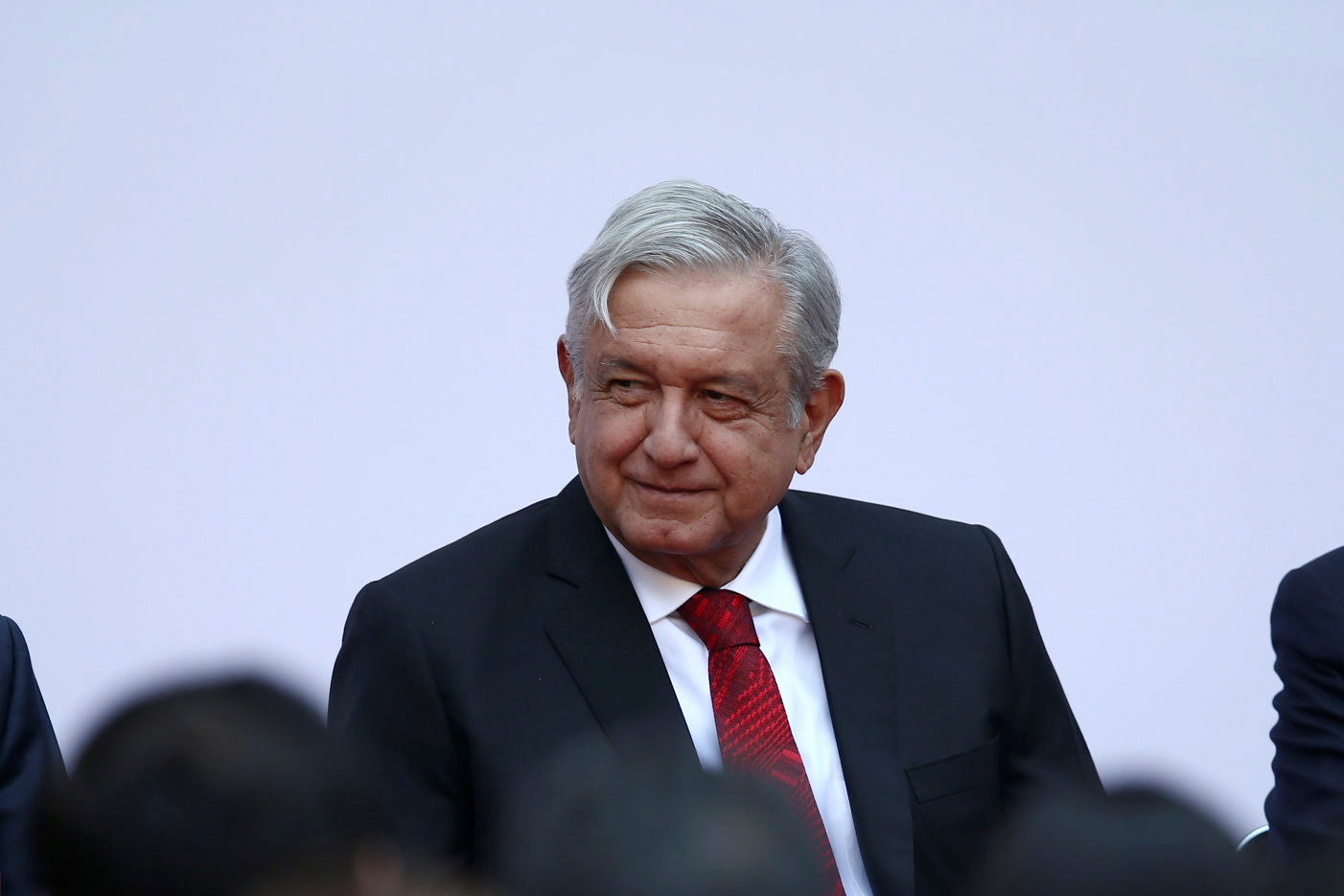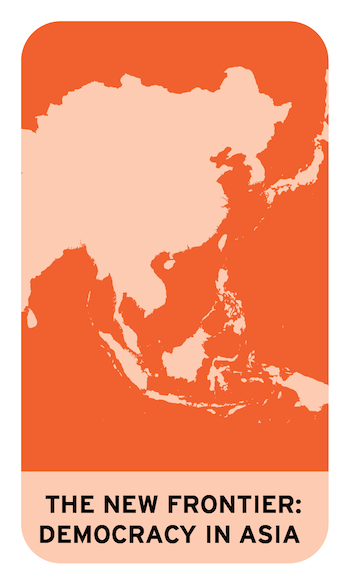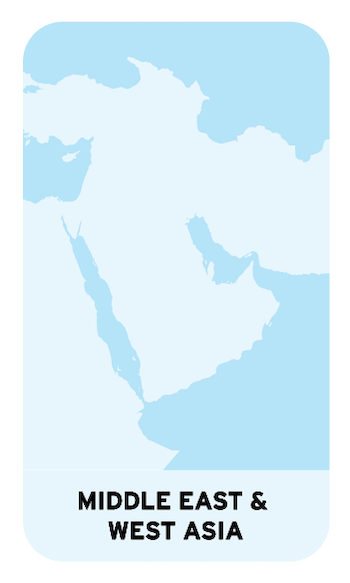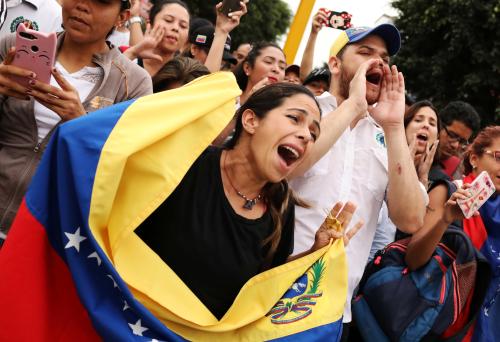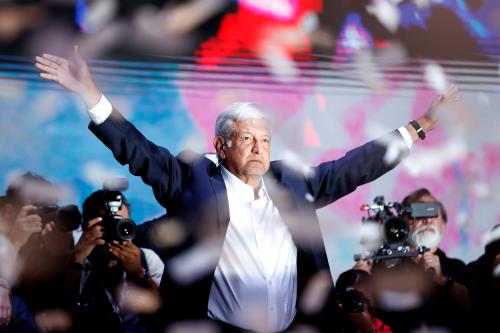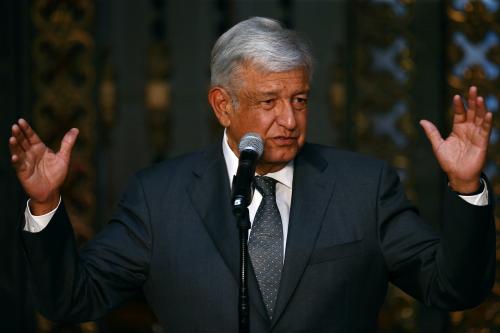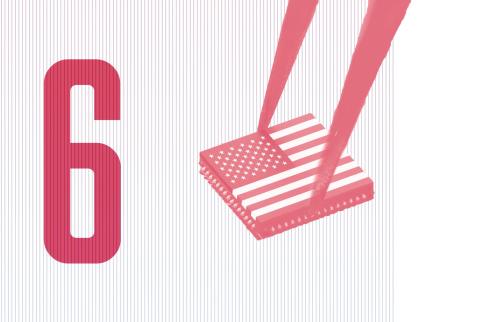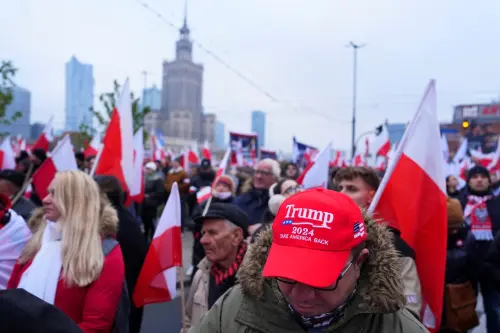Executive Summary
 After a long period of authoritarian rule in Latin America in the 20th century, Mexico over the past two decades has been described as a “flawed democracy.” The country has managed to develop a pluralistic political system, conduct credible elections, and nonviolently effectuate changes of national leadership. But the country continues to suffer from poor governance in critical domains of public policy, high impunity and corruption rates, weak rule of law and protection of civil liberties and human rights, entrenched marginalization of large segments of the population and growing inequality, and low public confidence in political parties and public officials and institutions. These core deficiencies have converged in the perfect storm of intense and socially-debilitating criminal violence, as well as ineffective and often heavy-handed state response.
After a long period of authoritarian rule in Latin America in the 20th century, Mexico over the past two decades has been described as a “flawed democracy.” The country has managed to develop a pluralistic political system, conduct credible elections, and nonviolently effectuate changes of national leadership. But the country continues to suffer from poor governance in critical domains of public policy, high impunity and corruption rates, weak rule of law and protection of civil liberties and human rights, entrenched marginalization of large segments of the population and growing inequality, and low public confidence in political parties and public officials and institutions. These core deficiencies have converged in the perfect storm of intense and socially-debilitating criminal violence, as well as ineffective and often heavy-handed state response.
These drivers of alienation have not resulted in any widespread craving for the return of authoritarianism in Mexico. However, as in various parts of the world, the dissatisfaction with governance outcomes did produce a rejection of the existing political establishment.
Enter Mexico’s “tropical messiah,” Andrés Manuel López Obrador (AMLO). In 2018, he and his party resolutely won Mexico’s presidential and parliamentary elections, crushing several traditional parties. During the campaign and upon assuming office, AMLO has portrayed himself as a radically different politician and promised not just to shake up the political system, but in fact usher in a fundamental restructuring of political power and governance in Mexico. He calls his objectives of empowering Mexico’s struggling half of the population through socio-economic and political empowerment and eliminating corruption “Mexico’s fourth revolution.”
AMLO’s objectives are worthy. But some of the means by which he seeks to pursue them can be dangerous for Mexico’s democracy. Instead of being a savior for the country, he could turn out to be a populist who amasses power and weakens the rule of law and accountability—the very opposite of what he proclaims. Perhaps the biggest danger of the AMLO presidency lies in his furthering the de-institutionalization of governance in Mexico, which is hardly what the country needs. For democracy to thrive, Mexico needs improved policy outcomes. But it equally needs rule of law that is institutionalized and not dependent on the whims of individuals.
The Brookings Institution is committed to quality, independence, and impact.
We are supported by a diverse array of funders. In line with our values and policies, each Brookings publication represents the sole views of its author(s).

